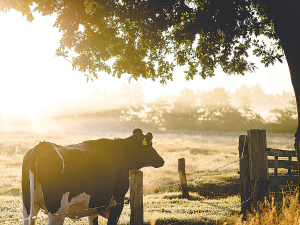OPINION: Making it easier to get things done while protecting the environment - that's the Government's promise when it comes to the overhaul of the problematic Resource Management Act (RMA).
New planning and environment laws that protect property rights and improve productivity, while reducing red tape and compliance costs for farmers, are coming.
However, at this stage, the farming sector is giving only qualified support to the reforms. For many farmers the devil could be in the detail.
The RMA has become a political football. The last Labour Government passed its own replacement legislation, only for the National-led coalition Government to repeal it shortly after. The country has now reverted to the original 1991 law with National proposing to replace the RMA with two new pieces of legislation: a Natural Environment Act - focused on managing the natural environment, and a Planning Act - focused on planning to enable development and infrastructure.
The Government is signalling a radical transition to a far more liberal planning system with less red tape, premised on the enjoyment of property rights.
But for red meat farmers, the idea of mechanisms such as allocation of tradeable rights to individual farms, or cap and trade systems, as a way of addressing water quality issues isn't a good one. They claim these mechanisms will be expensive, complex and unworkable.
B+LNZ points out that overseas examples have shown market-based models can lead to unintended consequences, driving further intensification of already intensive systems at the expense of extensive farming systems. This may leave stranded land assets or further afforestation in our hill country.
Then there are concerns around proposed changes to fines which could see a significant increase in what farmers could be fined for, regardless of whether any failings were intentional or not.
Concerns around water quality regulations are being raised by dairy farmers. DairyNZ opposes putting a 'number' on freshwater contaminants because of the complexity of the contaminants and the freshwater systems in each catchment.
Federated Farmers thinks the Government has delivered a pragmatic and common-sense plan that will put respect for property rights front and centre.
Farmers want clarity and are telling the Government that they want enduring policies that provide long-term certainty for farmers.



















